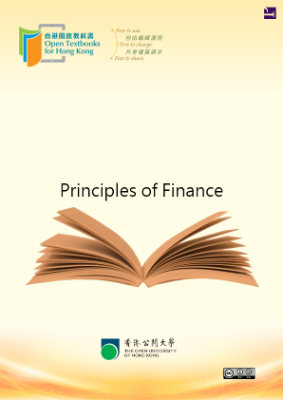What is Finance?
Finance is an imprecise generalization that may encompass several branches of economics, law and general know-how on managing valuable assets. From simple currency and property to bonds and other more complex financial instruments. More specifically, one can state that through financial analysis and decisions, planed actions can be taken regarding the collection and use of those assets as to optimize financial resources toward the objectives of an organization (states, companies and businesses) or individual.
Types of finance:
- Overdraft
- Bank term loans
- Asset-based finance
- Receivables Finance
- Invoice discounting
- Angel funding
- Venture capital
- Personal resources
Introduction to Finance
Finance is a field of study of the relationship of three things; time, risk and money.
The Time Value of Money is one of three fundamental ideas that shape finance.
The Time Value of Money explains why, “A dollar today is worth more than a dollar tomorrow”. This is primarily due to the market for loanable funds and inflation. If someone has a dollar today then they also have the opportunity to loan/invest that dollar at some interest rate. Therefore, a dollar today in time t, would be worth $1.00 plus some interest rate, i. That is more than a dollar by itself in the future. An example for inflation would be, let’s say you have $1 and you can buy 10 candies today. For the same 10 candies tomorrow you have to pay $1.20. So, due to inflation for the same 10 candies today you pay less than you would pay tomorrow.
Inflation refers to the decrease in the purchasing power. Deflation refers to the increase in the purchasing power. In layman terms, inflation causes not the value of money to decrease but the amount of consumables/items that you can now purchase to decline in 1 quantity. Look at the example above. $1 is still $1 but after inflation the individual can probably buy only 8 candies for the same $1 amount.
There are two values of money. One is the Present Value of Money and the other is the Future Value of Money. Second is the concept of “opportunity cost”; i.e. if a person deploys his money on one item or investment then he has given up the opportunity to do something else with it.











